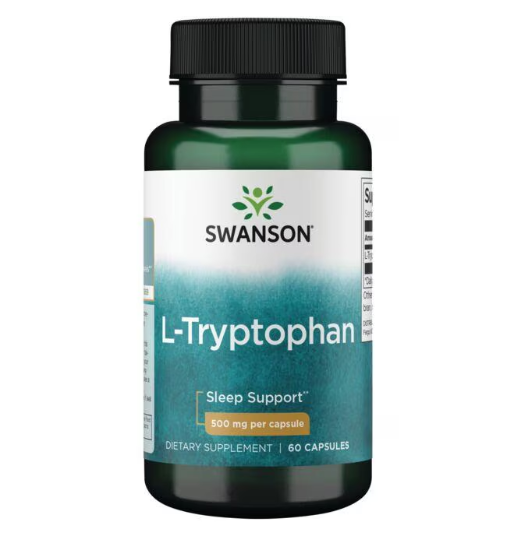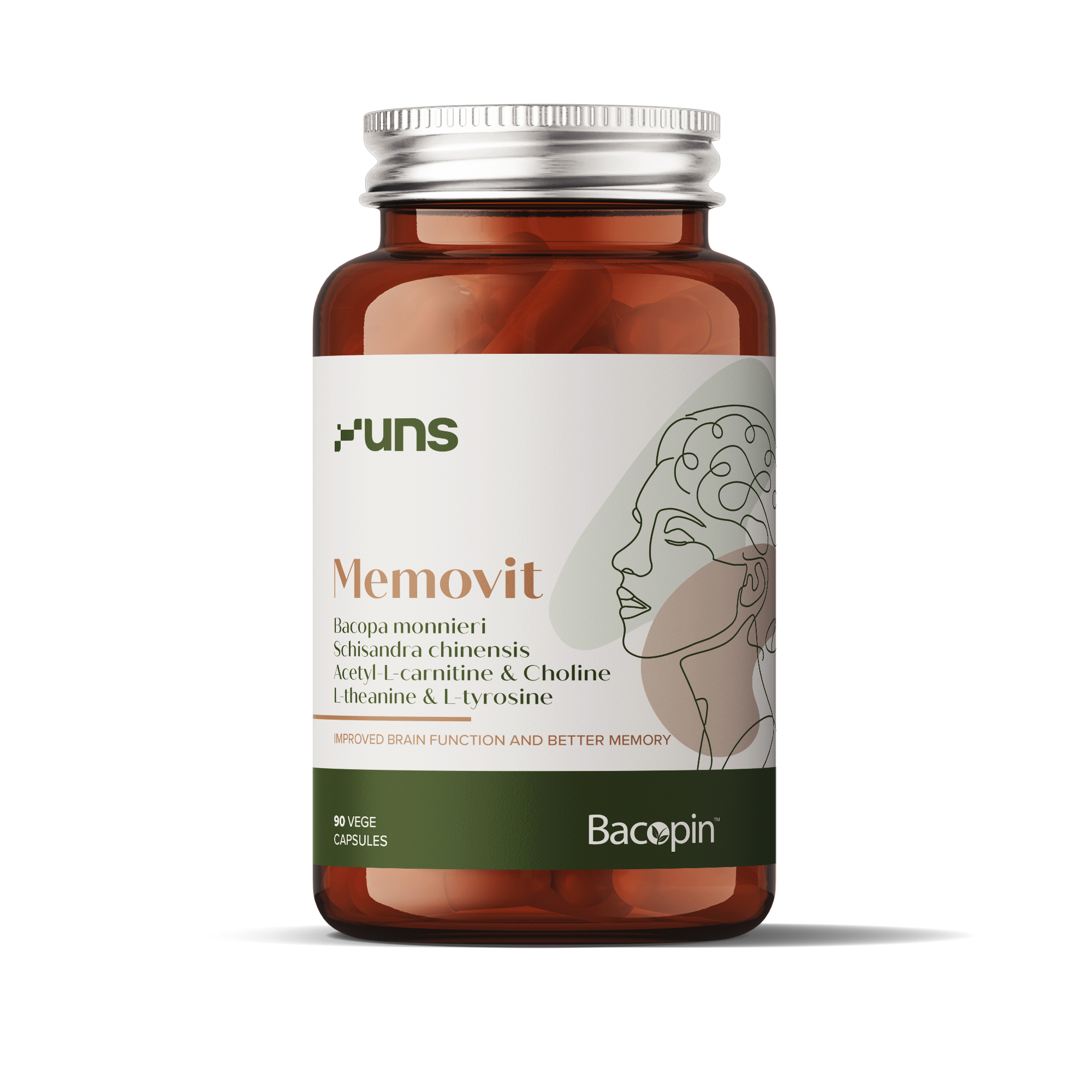Uns - Lecytyna
52.00₾
| Quantity | 60 pills |
|---|---|
| Portion/servings | 60 |
In stock
Out of stock
Lecithin, properties and application
Lecithin is most often obtained from soybeans. It is a mixture of phospholipids, which are fatty compounds found in every cell of the body, because it builds cell membranes. It is mainly phosphatidylcholine, but also triglycerides, plant sterols, fatty acids and glycolipids. The tasks of lecithin include many key functions in the body, it affects the functioning of the nervous, digestive, circulatory and immune systems. The largest amounts of lecithin are found in the brain, liver, bone marrow and nervous tissue. It is used in dietetics, medicine and the food industry, where it is used as an emulsifying agent and antioxidant. It is often an ingredient in confectionery, margarine, cream and other products.
Lecithin for memory and concentration
One of the best-known effects of lecithin is its beneficial effect on the nervous system. This is because lecithin is a source of choline, which increases the synthesis of the neurotransmitter acetylcholine involved in the transmission of nerve impulses between neurons. Lecithin affects the stimulation of the nervous system, supports the ability to concentrate, memory processes, facilitates learning and helps to cope better with stress. Its use supports these functions also in the case of people with senile dementia, Alzheimer's disease, multiple sclerosis and other diseases of the nervous system, it also inhibits the development of depression. Inositol present in lecithin improves mental performance and stabilizes the mood. It improves the mental state of people with manic-depressive disorders in the course of bipolar disorder.
Lecithin and health
Lecithin has a beneficial effect on the digestive system. It takes part in metabolic processes, protects the mucous membrane of the stomach and intestines, supports the digestion of fats and facilitates the absorption of nutrients from the digestive tract, stimulates intestinal peristalsis. Thanks to the content of choline and inositol, it increases fat metabolism, prevents fatty liver and cirrhosis. Lecithin protects the liver against the influence of toxins, drugs or alcohol, prevents the formation of gallstones. It has a positive effect on the work of the circulatory system, because it reduces the level of "bad" LDL cholesterol and triglycerides, and increases the "good" HDL cholesterol. Thanks to this, it reduces the risk of developing atherosclerosis and cardiovascular diseases. In addition, lecithin increases the body's efficiency, delays the aging process of the body and accelerates regeneration.
Sources of lecithin
- soy
- egg yolks
- liver
- sunflower seeds
- yeast
- wheat germ
- unrefined rapeseed oil
- avocado
- peanuts
- beans
- olives
- green vegetables
Lecithin how long to take
To be able to feel the benefits of using lecithin, you need to take it for about 3-4 months.
Usage
>Consume 1 serving (1 capsule) daily with water.Do not exceed the recommended daily intake. Dietary supplements cannot be used as a substitute for a varied diet. A balanced diet and a healthy lifestyle are important for maintaining good health. Pregnant women and nursing mothers should consult a doctor before using the preparation. Do not consume if you are allergic to any of the product ingredients.
Delivery service
Delivery throughout Tbilisi
- The cost of delivery service throughout Tbilisi is 4 GEL
- Delivery service is open from Monday to Friday from 11:00 to 20:00
- Delivery takes place within 2 working days after placing the order.
- You can use express order, which means delivery of the fixed order before 17:00 on the same working day, which costs 8 GEL.
- If the total cost of the order is 200 GEL or more, the delivery service is free.
- You can pay for the product either by using our bank card as a website, as well as by transferring money to the company's account or by receiving a parcel on the spot, both by plastic card and by cash. (You must indicate this information when placing an order)
Delivery throughout Georgia
When using delivery throughout Georgia, the cost of the product is paid only through an online bank account or by pre-transferring money to the company's account.
Georgian post
On the second working day after placing the order, the order is transferred to the Georgian Post, the average transportation time of which is 2-3 working days. To pick up the message, you must go to the relevant Georgian post office. You pay the shipping cost when receiving the parcel according to the weight of the shipment (average 8-15 GEL).











.png)



.jpg)

მიმოხილვა
მიმოხილვები ჯერ არ არის.